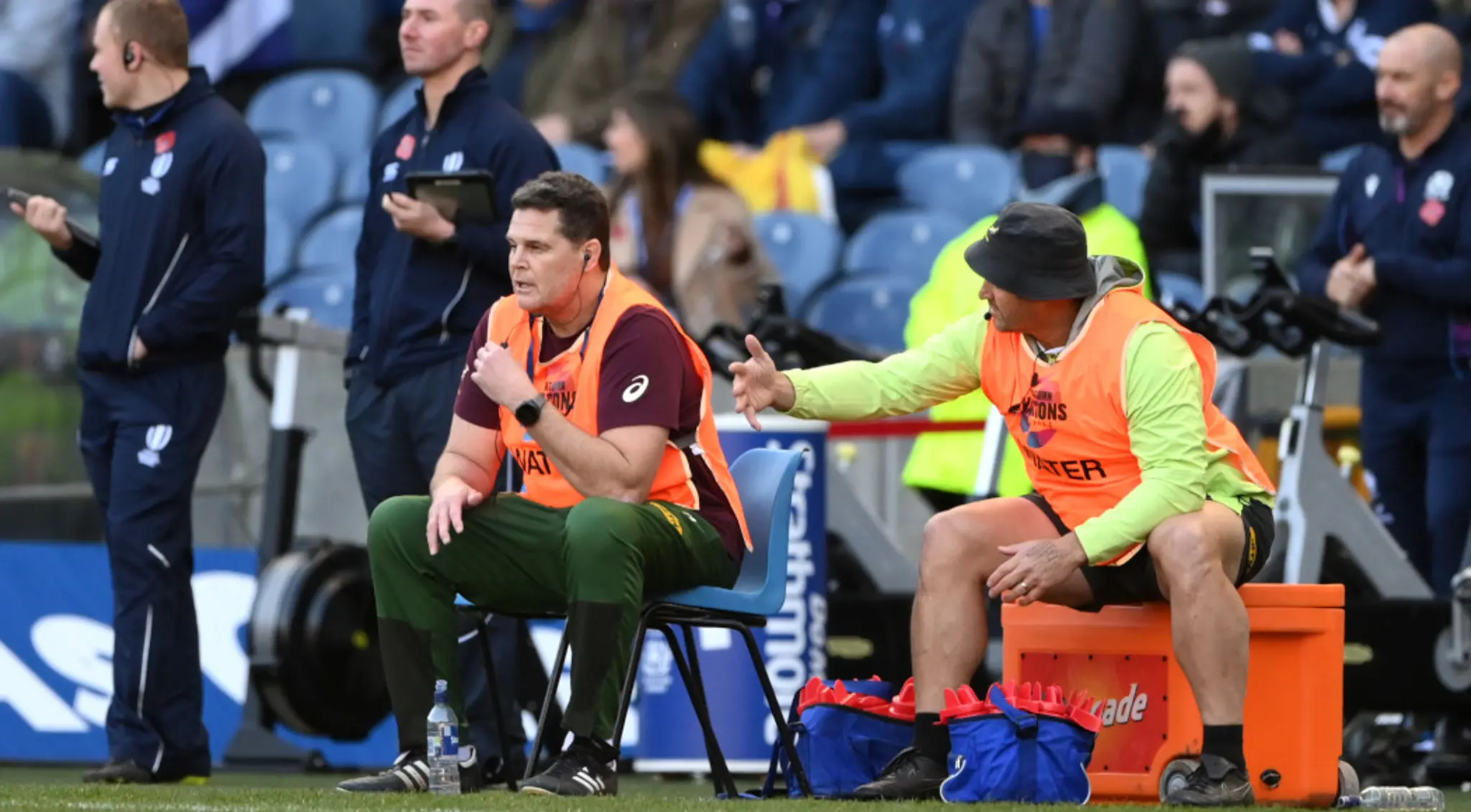Advertisement
Anyone want to bet against Rassie being vindicated?

You know all those quotes about poets and artists not being recognised in their own lifetime so let’s not repeat them again, but don’t bet against them being dredged up sometime in the future following World Rugby’s latest reaction to the events depicted in the SuperSport documentary, Two Sides.
There may not be too many great tries or other instances of rugby excellence from the series imprinted in the memory bank, but World Rugby’s decision to prevent high profile rugby decision makers from doubling as waterboys was just another in an ongoing reverberation from last year’s clash between the British and Irish Lions and the Springboks.

South African national director of rugby Rassie Erasmus brought the kind of celebrity status to the role that had only been managed previously by Hollywood actor Adam Sandler, who was THE Waterboy in the 1998 movie, but really was it his fault?
It was only because Lions coach Warren Gatland complained about it and was supported by a UK media that World Rugby always takes way too seriously - if you speak to some of them they’d readily admit they are either just having a laugh or looking for an angle and don’t really give a tinker’s cuss about the future of the sport - that Erasmus’ role received such attention.
They say the latest decision was taken to speed up the game but myriad other things, such as the scrum laws pertaining to those mind-numbingly interest-destroying resets, the card system that too easily makes rugby a 15 against 14 game and the need to streamline the use of technology, arguably require far more urgent attention.
From afar, and admittedly looking at it through South African eyes, it does sometimes appear that whenever the Springboks do something successfully there’s a drive to curb it lest they become dominant with their broadsword approach to the game. Recall the clamour to outlaw the six/two split between forwards and backs that the Boks used so successfully at RWC 2019 as an example.
To those of us who watch a lot of the round-ball game, the fuss about Rassie doubling as a waterboy does beg the following question: Does soccer lose anything by having the likes of Jose Mourinho, Jurgen Klopp and Pep Gaurdiola patrolling the sidelines? They don’t give their players water, but they are pretty important people, at least on the same level as a director of rugby. They are near to the action and are sometimes enough of a disruption to be shown yellow cards.
Yet if soccer does lose something through it then it is an oversight of massive gravitas for it has been the way of that sport for as long as I’ve been watching it. And no-one has complained.
The only reason this latest bit of post-Lions tour comedy has been unleashed, almost a year later, is because of the noise made about it during the iconic series that will be remembered far longer for what happened around it than what happened on the field.
We were given a behind-the-scenes view of the build-up to the series last Sunday and this coming week we will move onto the weeks either side of the first test, where the refereeing of Australian Nic Berry was so abjectly poor that some counted a mistake made almost every two minutes.
Of course, that gave rise to the Rassie video, and perhaps the less said about that the better, for it has kind of dominated the discourse as much post the series as it did during it. Like the waterboy soap opera, that took months to resolve, and the resolution was only announced, rather coincidentally South Africans might have thought, on the eve of the Springboks’ rematch with the England team they beat in the 2019 final at Twickenham last November.
Erasmus was suspended and has served his time for the leaked video that got everyone into such a huff, but when it comes to the waterboy controversy and this week’s decision made by World Rugby, does anyone want to bet against it sometime in the future showing Erasmus to be ahead of his time in the same way that the first coaches to use impact substitutes off the bench were first criticised but then lauded for their innovation back in the 1990s?
There shouldn’t be too many takers, for it has often been the way with rugby’s rulers to take their time to recognise what is just inevitable. After all, it took them until 1995 to allow the sport to become professional.
Advertisement